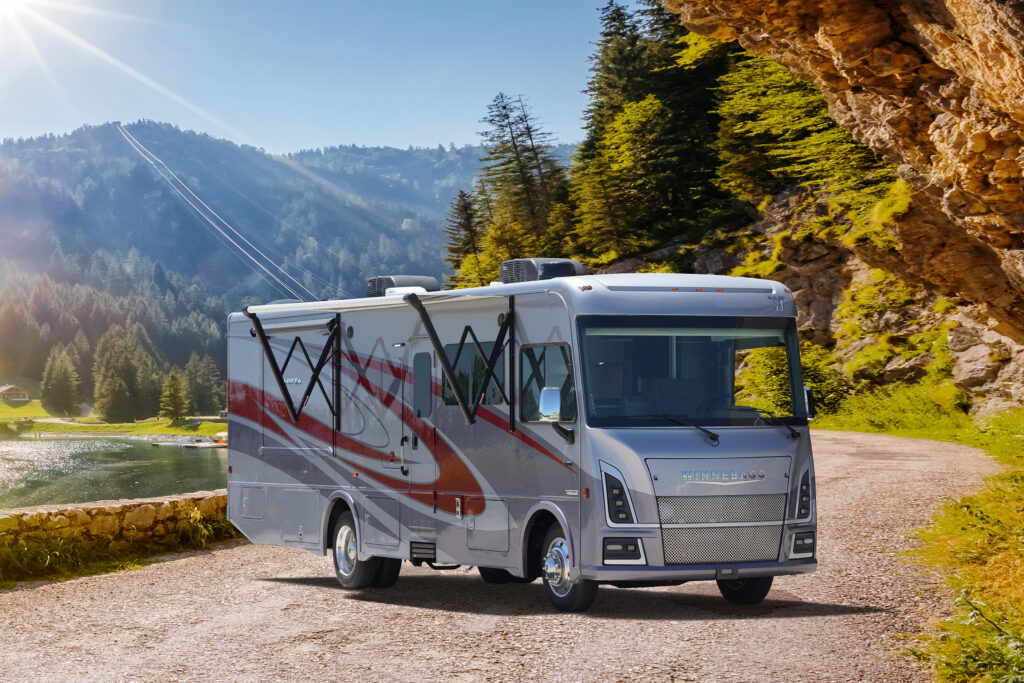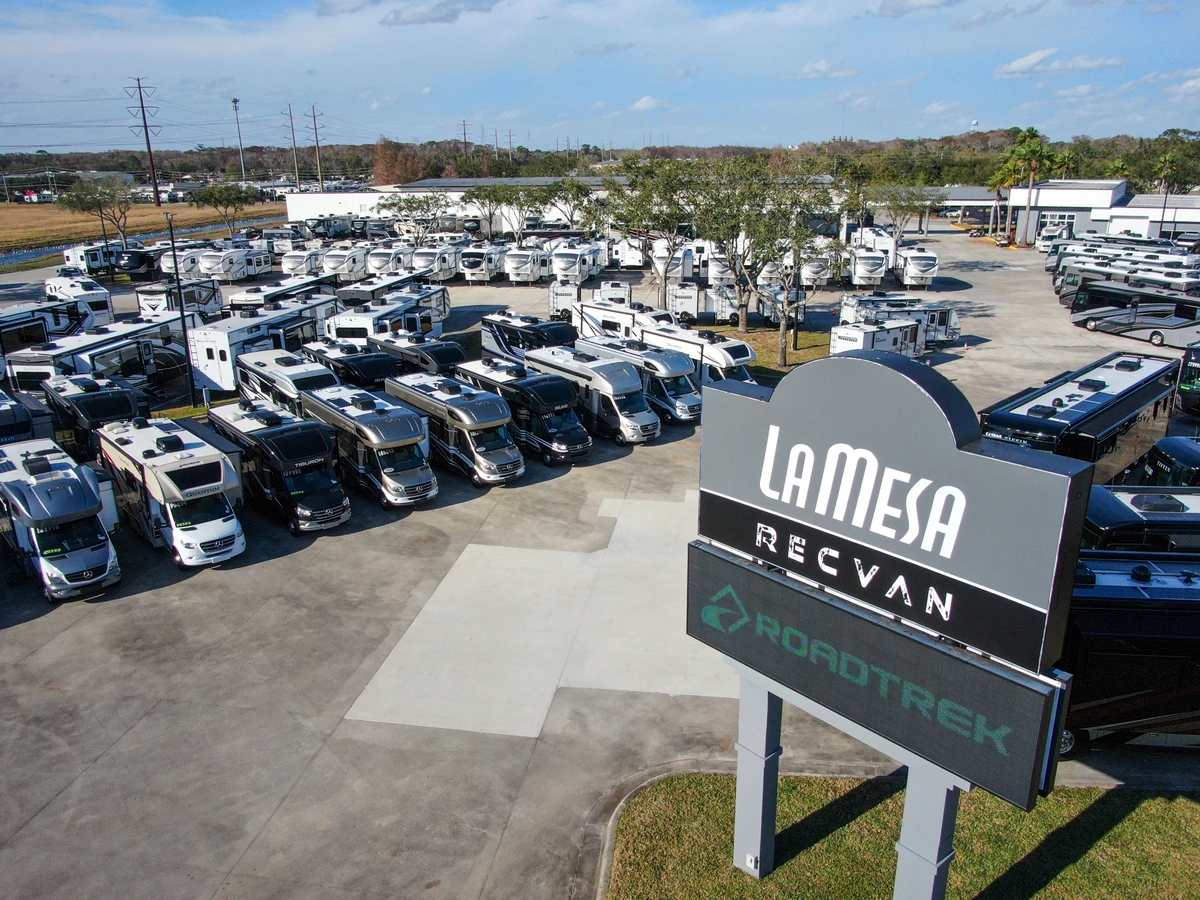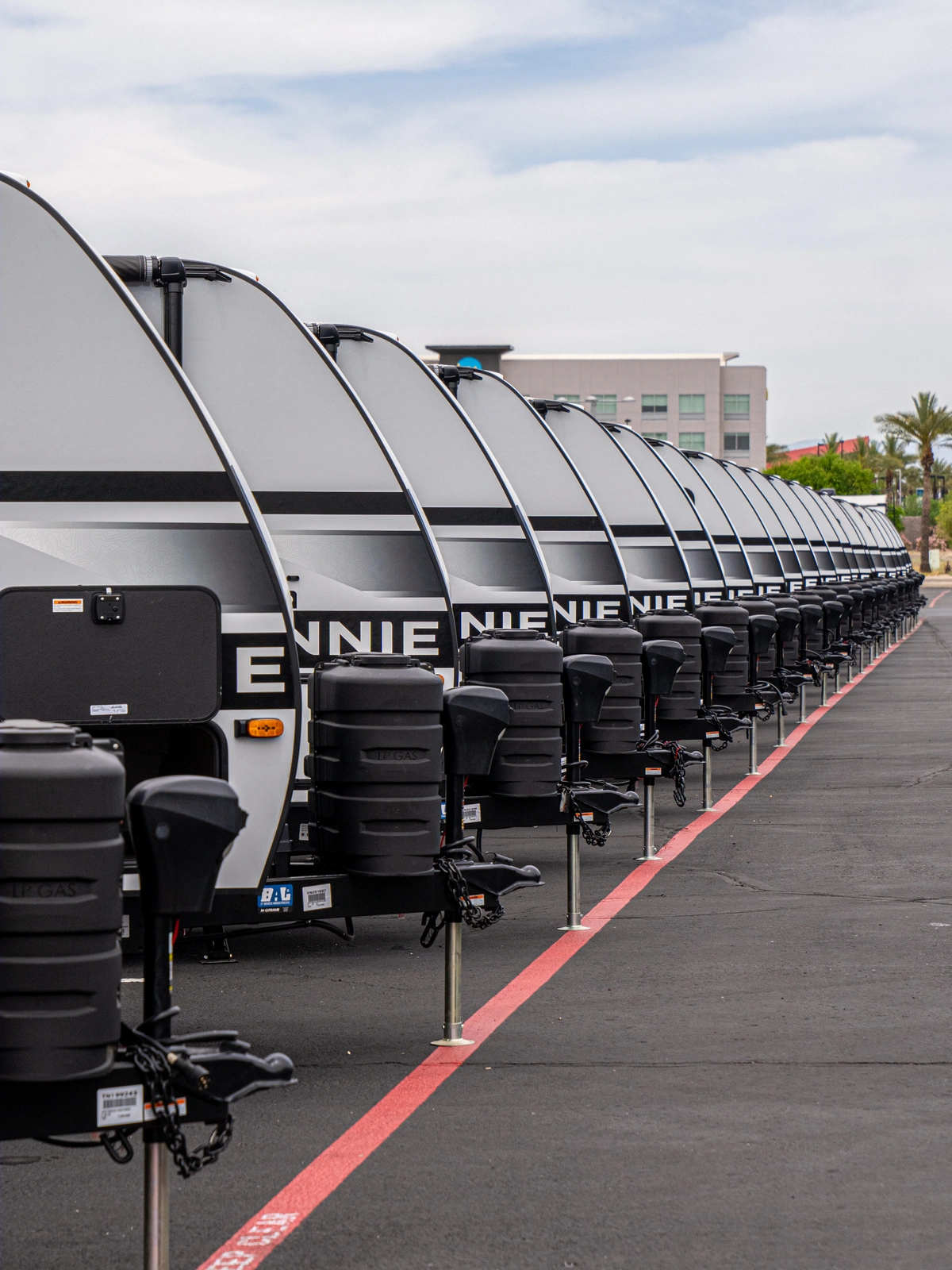RV maintenance issues can be a constant process, but one of the most important to keep everything else working well is ensuring that your engine oil is regularly changed. But how often does it need to be changed? Unfortunately, the answer isn't a simple one and must take into account the environments you're driving in and similar factors. Keep reading to find the best answer for your circumstances.

How Frequently Does My RV Need an Oil Change?
Of course, part of the answer will depend on your specific engine. Diesel engines require less frequent oil changes than gasoline engines, and synthetic oils last much longer than conventional oils, but no matter what type of fuel you use, the manufacturer will have the final say in recommended oil change intervals. But why do you have to change your oil in the first place?
What Happens to the Oil In Your RV's Engine?
Your engine oil lubricates your engine and keeps it operating smoothly. But over time, it picks up dust and dirt as it circulates through your engine, breaks down due to heat and heavy usage, and undergoes similar issues that can either allow it to last longer or shorter periods of time. How quickly it breaks down depends on the type of driving you typically undertake.

What Kind of Driving are You Doing?
The type of driving that you do can drastically impact how long your engine oil will be able to be used. You can gain some additional time by using synthetic oils, stretching maximum intervals for gasoline engines from 5,000 to 15,000 miles, but the largest impact on how long you can use the oil will depend on your driving conditions.
In any of these situations, you'll want to drop the oil change interval by half. This means that you'll want to change your oil every 2,500 miles using conventional oil or every 7,500 miles for synthetic oil. That being said, you'll want to check with your RV manufacturer and make adjustments accordingly if you start with a different oil change interval.
Similarly, diesel pusher RVs will often have a longer oil change interval due to the heavier weight of the original engine oil. But why do diesel engines use heavier oil? Because they run at higher temperatures. Because they're built to deal with higher loads, they can continue with longer oil change intervals, though with the above situations, you'll still want to consider decreasing the oil change interval to protect your engine.

Why is it Important to Change Your RV Oil Regularly?
It can be very tempting, especially given the amount of oil that a typical RV engine requires, to put off your RV oil change as long as possible. However, putting off this important maintenance can cost you a great deal more in the end, as wear and tear on the engine components can cause the engine to fail prematurely.
A worn engine is going to operate less efficiently and cleanly, so you'll see a related drop in your fuel economy and performance. Eventually, this kind of neglect can lead the engine to fail, requiring very expensive repairs. Consider carefully the amount of money that you've invested in your RV. Isn't it a great idea to keep up with its regular maintenance so that you can get as much out of it as is possible?
If you're in need of a tune up or any additional service work done on your RV, click here to find a La Mesa Service Department near you.



